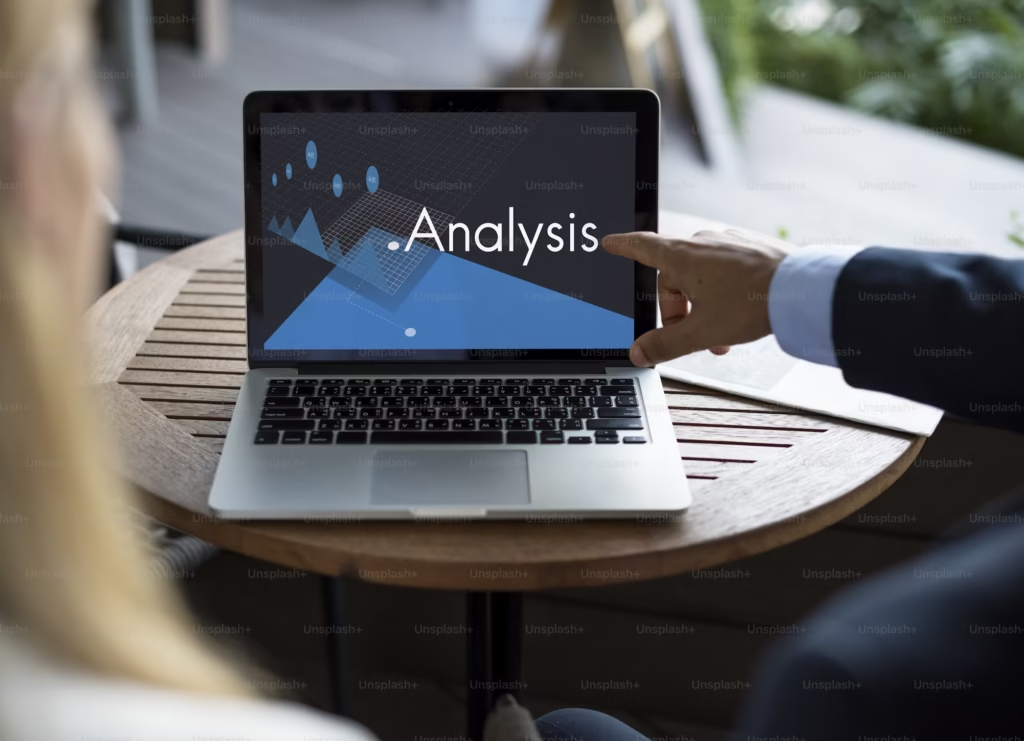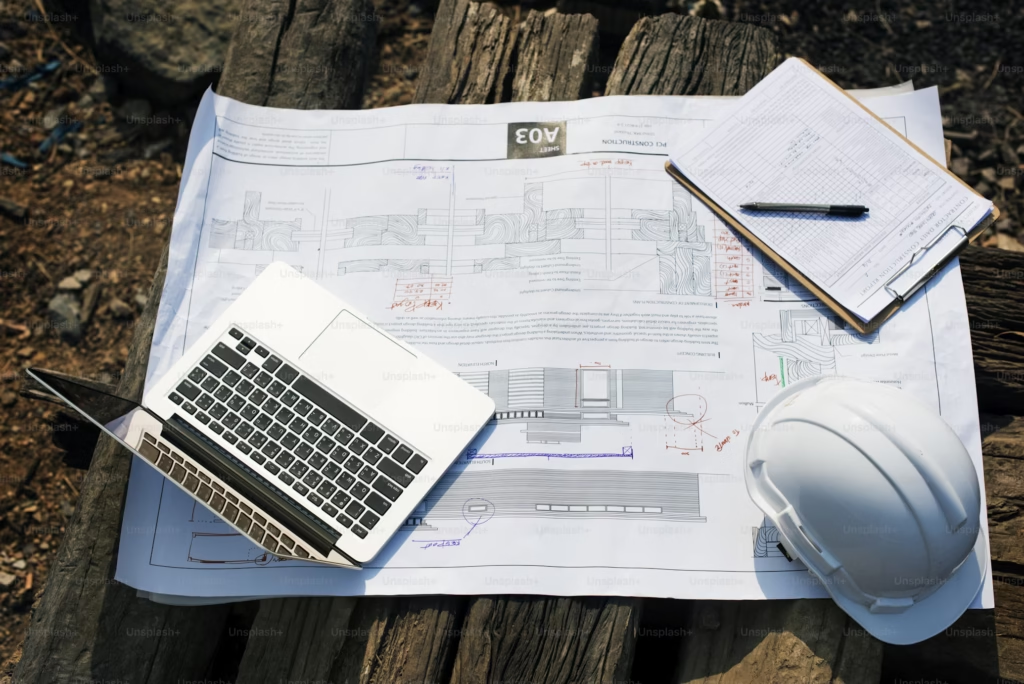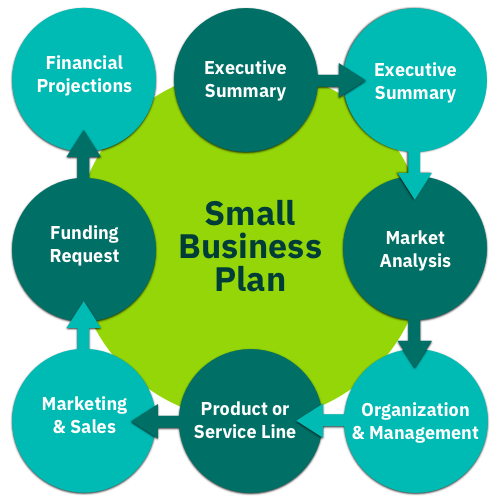Entrepreneurs embark on their journey with a vision filled with ambition, innovation, and potential profitability. However, turning that vision into reality involves strategic groundwork. This is where the feasibility study becomes indispensable. It comprehensively evaluates a business idea, detailing its viability, associated risks, and potential profitability. Understanding the critical role of a feasibility study enables entrepreneurs to make informed decisions that increase their chances of success. This article explores why a feasibility study is essential and provides entrepreneurs with a strategic edge.
What is a feasibility study?

A feasibility study is an in-depth assessment that analyses all aspects of a business idea or project to determine its practicality and profitability. This process involves scrutinising various components, including market demand, technical requirements, financial projections, and potential obstacles. For entrepreneurs, a feasibility study offers insights that can prevent costly mistakes and guide the strategic direction of their venture.
Critical Benefits of Conducting a Feasibility Study
1. Identifying Market Demand and Target Audience
One of the most critical factors influencing the success of any business is market demand. A feasibility study assesses whether there is sufficient demand for the product or service, helping entrepreneurs understand if their offering addresses a genuine need or fills a gap in the market. Additionally, it aids in identifying the target audience, analysing their preferences, and tailoring offerings to meet specific demands. By understanding the market and the audience, entrepreneurs can position themselves effectively to capture attention and drive sales.
2. Assessing Financial Viability and Profitability
Every entrepreneurial venture aims for profitability, and a feasibility study delves into the financial aspect to ensure the venture can be financially sustainable. This involves estimating the initial investment, operational costs, revenue forecasts, and return on investment (ROI). By creating detailed financial projections, entrepreneurs can evaluate whether the project has a realistic chance of profitability or if adjustments need to be made. Financial assessments within a feasibility study prevent costly surprises, allowing entrepreneurs to plan and budget accordingly.
3. Evaluating Technical Requirements and Resources

Launching a successful venture requires more than a great idea; it requires resources, technology, and expertise. The technical feasibility section of the study examines these requirements, highlighting the tools, infrastructure, and personnel necessary to bring the business to life. This component also addresses potential technical hurdles and provides solutions to overcome them. By understanding technical requirements upfront, entrepreneurs can ensure they have the resources and support required to achieve operational efficiency.
4. Analyzing Risks and Mitigating Challenges
Risk is an inherent part of any business, but a feasibility study enables entrepreneurs to identify and anticipate potential risks early in the process. Through careful risk assessment, entrepreneurs can develop strategies to mitigate challenges that could impact the project’s success. This includes analysing competitive threats, regulatory constraints, supply chain vulnerabilities, and market fluctuations. With a proactive approach to risk management, entrepreneurs can navigate challenges confidently and avoid pitfalls that might otherwise derail their venture.
Steps Involved in Conducting a Feasibility Study
1. Preliminary Analysis
A preliminary analysis sets the stage by exploring the fundamental aspects of the business idea. This includes defining the project scope, evaluating initial costs, and identifying the project’s primary goals. This initial phase acts as a filter, helping entrepreneurs determine if the idea warrants further investigation before committing additional time and resources.
2. Market Research and Demand Analysis

The feasibility study requires extensive market research to understand industry trends, customer needs, and the competitive landscape. This involves surveying potential customers, studying competitor performance, and assessing industry growth forecasts. By obtaining a clear picture of the market environment, entrepreneurs can effectively validate product demand and refine their approach to meet consumer expectations.
3. Technical Feasibility Assessment
Technical feasibility focuses on the resources, processes, and technologies necessary to execute the project. This includes identifying software, equipment, staffing needs, and operational requirements. A thorough technical analysis ensures that entrepreneurs have a realistic understanding of the infrastructure needed to deliver a high-quality product or service.
4. Financial Feasibility and Budget Analysis
The financial aspect of a feasibility study involves creating detailed projections for revenue, expenses, and profitability. This phase examines funding requirements, explores potential revenue streams, and forecasts cash flow to provide a comprehensive financial overview. Entrepreneurs also analyse break-even points and potential ROI to determine if the financial outlook aligns with their objectives.
5. Risk Assessment and Contingency Planning
Anticipating risks is crucial to any feasibility study. By evaluating potential risks—such as market competition, regulatory changes, and supply chain disruptions—entrepreneurs can formulate contingency plans to address unexpected challenges. Proactive risk assessment ensures entrepreneurs are prepared to respond to obstacles and sustain growth in adverse situations.
The Role of a Feasibility Study in Long-Term Success

Enhanced Decision-Making
A feasibility study can provide entrepreneurs with a wealth of data that drives better decision-making. From identifying high-potential markets to choosing the proper distribution channels, the insights gathered during a feasibility study empower entrepreneurs to make informed choices that support long-term success.
Optimising Resource Allocation
Resources are often limited, especially a feasibility study, which aids in identifying the most effective use of resources, ensuring that investment, time, and effort are directed toward activities that deliver the highest impact. Resource allocation is vital to maintaining cost-effectiveness and achieving scalability in the competitive business landscape.
Strengthening Investor Confidence
A feasibility study can be a powerful tool for entrepreneurs seeking investment to attract potential investors. It demonstrates that the entrepreneur has conducted due diligence and is prepared to approach the market strategically. Detailed financial projections, risk analysis, and market insights build investor confidence, increasing the likelihood of securing the funding needed for the venture.
Common Mistakes to Avoid in a Feasibility Study
1. Overlooking Market Research

Skimping on market research is a common pitfall that can lead to inaccurate assumptions about demand and customer preferences. Entrepreneurs must prioritise comprehensive research to ensure their product meets real-world needs and has a competitive advantage.
2. Ignoring Operational Challenges
A feasibility study should address the market potential and the operational requirements needed to deliver the product or service. Overlooking these elements can lead to bottlenecks, inefficiencies, and delays, compromising the project’s success.
3. Underestimating Financial Projections
Financial accuracy is critical. Entrepreneurs should use realistic projections, avoiding overly optimistic revenue estimates that might lead to budgeting issues. A well-executed feasibility study balances ambition with realism to provide a clear financial roadmap.
4. Failing to Reassess the Feasibility Study

Business environments change, and the assumptions in a feasibility study may need to be updated. Regular reassessment allows entrepreneurs to adapt to market changes, competitive dynamics, and evolving customer needs, ensuring their business remains relevant and profitable.
Conclusion: Why a Feasibility Study is Non-negotiable for Entrepreneurs
A feasibility study is far more than a preliminary assessment; it is a strategic tool that paves the way for informed decision-making, efficient resource management, and long-term sustainability. For entrepreneurs, conducting a comprehensive feasibility study is essential to understanding their venture’s strengths, weaknesses, opportunities, and threats. By investing time and effort into this foundational process, entrepreneurs can embark on their business journey with confidence, clarity, and a higher likelihood of success.








